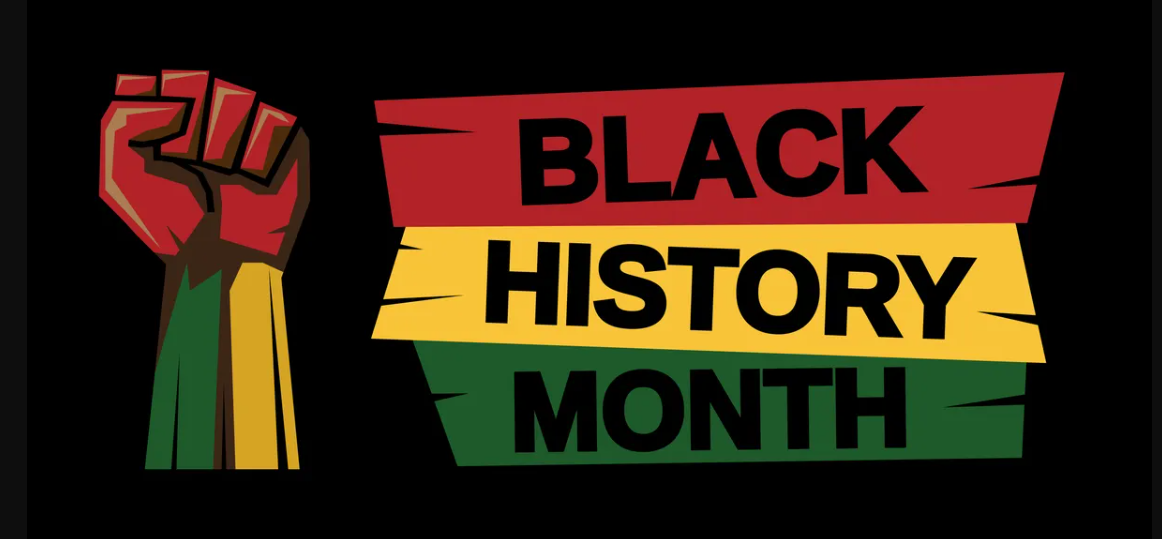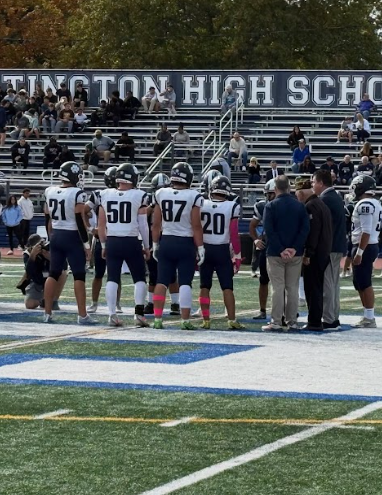February is Black History Month. A friend of mine actually inspired me to write about Black History Month (commonly abbreviated to BHM), even though I didn’t feel that I should be the one to write about it. However, I think it is important to have a story about BHM and its history to hopefully inspire readers to commemorate the month, either by celebrating or reflecting.
The celebration of Black History Month grew from “Negro Week”, a week set during Abraham Lincoln and Fredrick Douglas’ birthdays. It was first recognized in 1926 by black historian Carter G. Woodson.
Woodson was also the founder of the Association for the Study of Negro Life, which is now called the Association for the Study of African American Life and History. He also published some of the first scholarly articles about black history. At this time, there was so much open hostility towards the African American community, and creating a time to celebrate the achievements of black people was essential in America.
By the mid-1970s, Negro Week/ Black History Week was expanded to encompass all of February. The 70s marked a change in the treatment of black Americans. This was the end of the Jim Crow era, and yet there still are so many financial and circumstantial disparities between the black community and the rest of the United States.
Despite the history of black people in America being associated with struggle and pain, Black History Month is a time to recognize the past (and how it influences the present), and then commemorate the strides the African American community has made.
For example, black innovations such as the carbon-filament light bulb. Thomas Edison is often credited with this invention, but Lewis Latimer, an inventor working under Edison, came up with the idea for a carbon filament instead of a paper one. This made bulbs longer-lasting and more affordable.
Latimer also worked with Alexander Graham Bell, inventor of the telephone and Lewis Latimer’s scientific contributions led to the creation of the air conditioning.
Take some time to learn more about the often overlooked contributions of Black Americans to U.S. history and listen to those in the community this Black History Month.















Maureen Noned • Feb 12, 2024 at 3:30 pm
Thank you Black people have gave so much to this country that has not been told